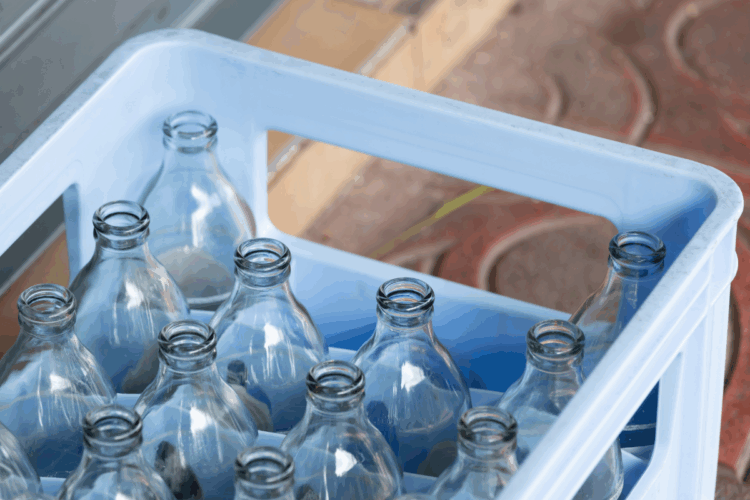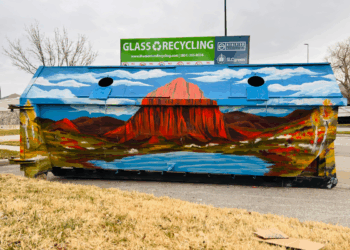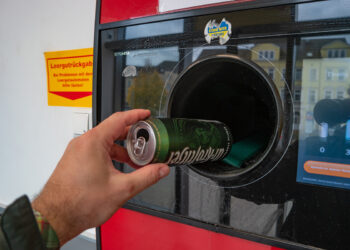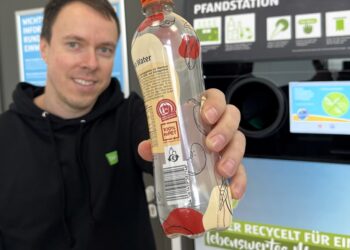Regulators are finalizing rules allowing reusable glass bottles to be included in California’s container redemption program, carrying out plans lawmakers approved in 2021.
The California Department of Resources Recycling and Recovery (CalRecycle) this month proposed a change to current rules that require glass deposit containers to be broken after their redemption value is paid. In effect, the rules open the door for reusables in the California Refund Value (CRV) deposit system. Refillable glass bottles are typically thicker, heavier and more durable than standard glass containers.
Under the proposed rules, a bottle washing operation would be able to carry out the same procedural step that a traditional recycling facility performs in the California deposit process. That step is to “cancel” a container, which means to indicate it has been returned and cannot be redeemed again for deposit value. In technical terms, CalRecycle requires processors to render containers “unfit for redemption.”
Traditionally this has been completed by processors altering the shape of containers, typically either densifying or shredding them. For glass bottles, CalRecycle specifically requires that containers be “crushed.” That’s incompatible with refillable glass bottles, so the proposed rules add an option for canceling by washing the bottle until its CRV markings are removed and it’s “ready for subsequent refill and sale by a beverage manufacturer.”
Under the proposed rules, aluminum, plastic or non-reusable glass containers would still need to be crushed, broken or shredded.
CalRecycle had not received any comments by January 16, the day the comment period closed.
The regulations carry out the intent of Assembly Bill 962, passed by unanimous votes in both the Assembly and Senate in 2021, which sought to bring reusables into the deposit program.
The bill was strongly supported by recycling advocacy and environmental groups. Californians Against Waste said it would “lay the foundation for a more sustainable and economically viable business model by creating an even playing field for the use of reusable glass beverage bottles by beverage manufacturers.” The Container Recycling Institute (CRI) said developing refillable container infrastructure would create new recycling sector jobs, which CRI said was particularly important “because the state has lost so many recycling jobs due to redemption center closures over the past several years.”
Oregon’s container deposit program began accepting refillable glass bottles in 2017. The industry group that manages Oregon’s deposit program helped to expand refillable bottle use in 2018, and by 2023 it reported 2.5 million refillable bottles in circulation in the state.






























